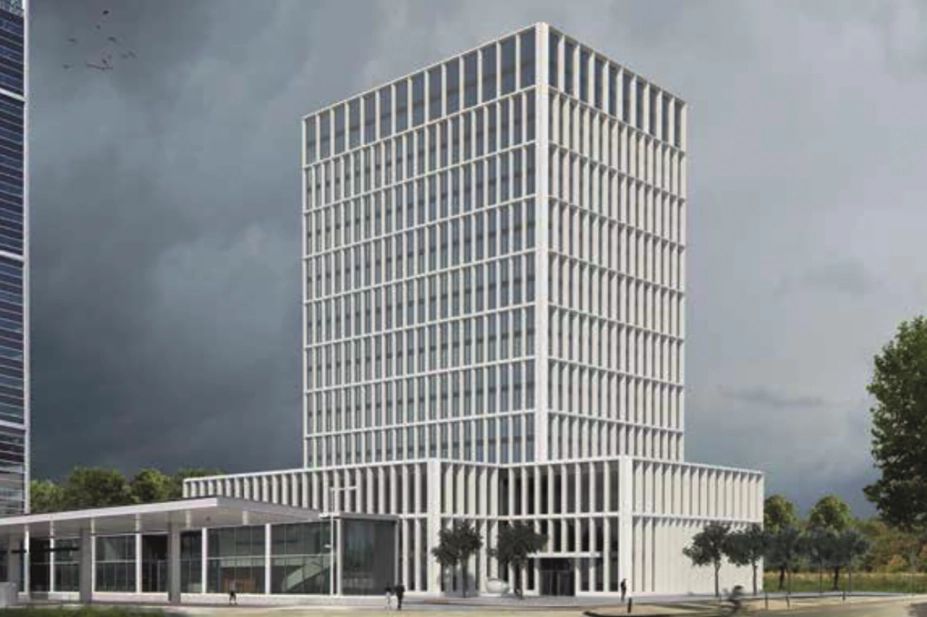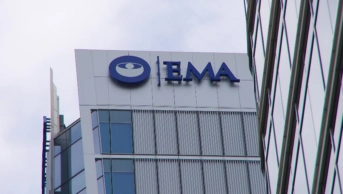
European Medicines Agency
Amsterdam has been chosen as the next host of the European Medicines Agency (EMA).
After three rounds of voting following a meeting of the European Council held in Brussels, a tie was declared between Amsterdam and Milan. The final decision was made by the presidency drawing lots between the tied cities.
Ministers from all 27 EU countries (not including the UK) cast their votes for each of the 16 cities who wanted to become the new home of the EMA when it leaves London after Brexit.
Initially, 19 cities bid to host the EMA, but Malta and then Dublin and Zagreb pulled out.
Each country voted for its first, second, and third preference to be the new EMA host, and after the first round of voting, all cities bar Milan, Amsterdam and Copenhagen were eliminated.
The EU assessed all candidates on technical and ‘softer’ requirements to host the EMA, and just six cities met all criteria: Milan, Amsterdam, Copenhagen, Brussels, Barcelona and one of two sites in Dublin.
An estimate of staff retention levels was also made for each city, and all of the final three were thought to be able to keep at least 65% of current EMA staff once the handover takes place following Brexit.
Mike Thompson, chief executive of the Association of the British Pharmaceutical Industry, congratulated Amsterdam on its successful bid.
“Hosting the EMA is a singular honour for any city and we will do all we can to support the agency’s smooth transition to its new home,” he said.
“Up to now the focus has inevitably been on the future location of the EMA, but today’s decision marks the moment when attention should switch to how patient safety and effective public health can be maintained during this complex transition and into the future.
“We now urge both the UK and the EU to put patients first and acknowledge that securing a comprehensive agreement to cooperate on medicines safety, regulation and supply is an urgent negotiating priority.”
President of the European Federation of Pharmaceutical Industries and Associations (EFPIA), Stefan Oschmann, said that now the decision had been made, all authorities and stakeholders needed to collaborate and support the agency in making the move to Amsterdam.
“It is vital to ensure the continuity of the EMA’s critical functions, its ability to retain staff and access expert networks,” he said.
“EFPIA and its members are committed to supporting this process.”
Niall Dickson, co-chair of the Brexit Health Alliance, said that the decision meant the focus should now turn to how effective public health and patient safety can be upheld during this change and for the future.
“The emphasis must now be on finding transitional and post-Brexit agreement for the UK and EU to work together on medicines’ safety, regulation and supply,” he said.


